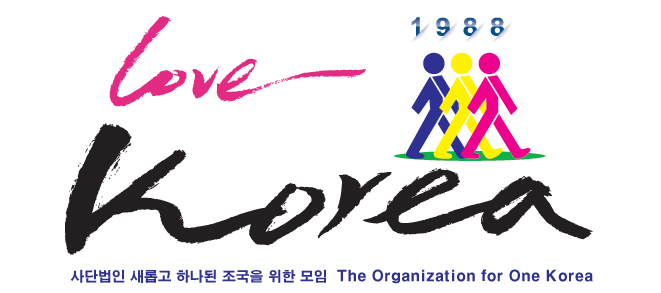March 15, 2014 – LeAnn Noh
North Korea is one of the most oppressive countries in the world, where the autocratic regime takes control of every aspect of people’s lives. Driven by the brutal violation of human rights, lifelong indoctrination, poverty and hunger, in 2010 alone, more than 3000 North Koreans fled North Korea to enter South Korea by covert and treacherous means.
In their journey, many experience extreme trauma ranging from human trafficking, torture, loss of family members and other life-threatening situations. Moreover, their hardship does not end when they arrive in South Korea. Understandably, they suffer from various mental health illnesses such as depression, anxiety and post-traumatic stress disorder (PTSD). They also find it difficult to assimilate to the unfamiliar environment in South Korea, a society that has taken a very different course since the Korean War. Furthermore, lack of family and social support exacerbates the feeling of isolation and loneliness for North Korean refugees that settle in South Korea.
Though the South Korean government grants citizenship and provides extended healthcare benefits to North Korean who enter South Korea, many struggle to take advantage of the healthcare system. From the first step of identifying providers to navigating the referral system, North Koreans face difficulties digesting the vast difference between the healthcare systems in the two Koreas. This impedes the timely and proper treatment of various conditions they have including the mental health needs mentioned above.
TOOK, the Organization for One Korea, has been providing hospital-based counseling for the past seven years. The counselors are North Korean defectors who underwent training and received certificate from TOOK. Based on four hospitals in South Korea, the counselors offer assistance to North Koreans in navigating the South Korean healthcare system. Starting with the initial counseling of personal history and health assessment, the counselors help the patients get referrals from primary hospitals, comprehend communication with doctors and nurses to schedule hospitalization and discharge. The counselor also provide social support by visiting the hospitalize patients as family members would. Moreover, the North Korean patients form lasting social ties at the counselor office and share information on life in South Korea.
The counseling program is an example of a sustainable development initiative that not only trains the new population with skills (counseling for North Korea related programs are on high demand as the number of defectors continue to increase), but also help the individuals receive the benefits of the social services available. To learn more, visit TOOK’s website at www.saejowi.org.


